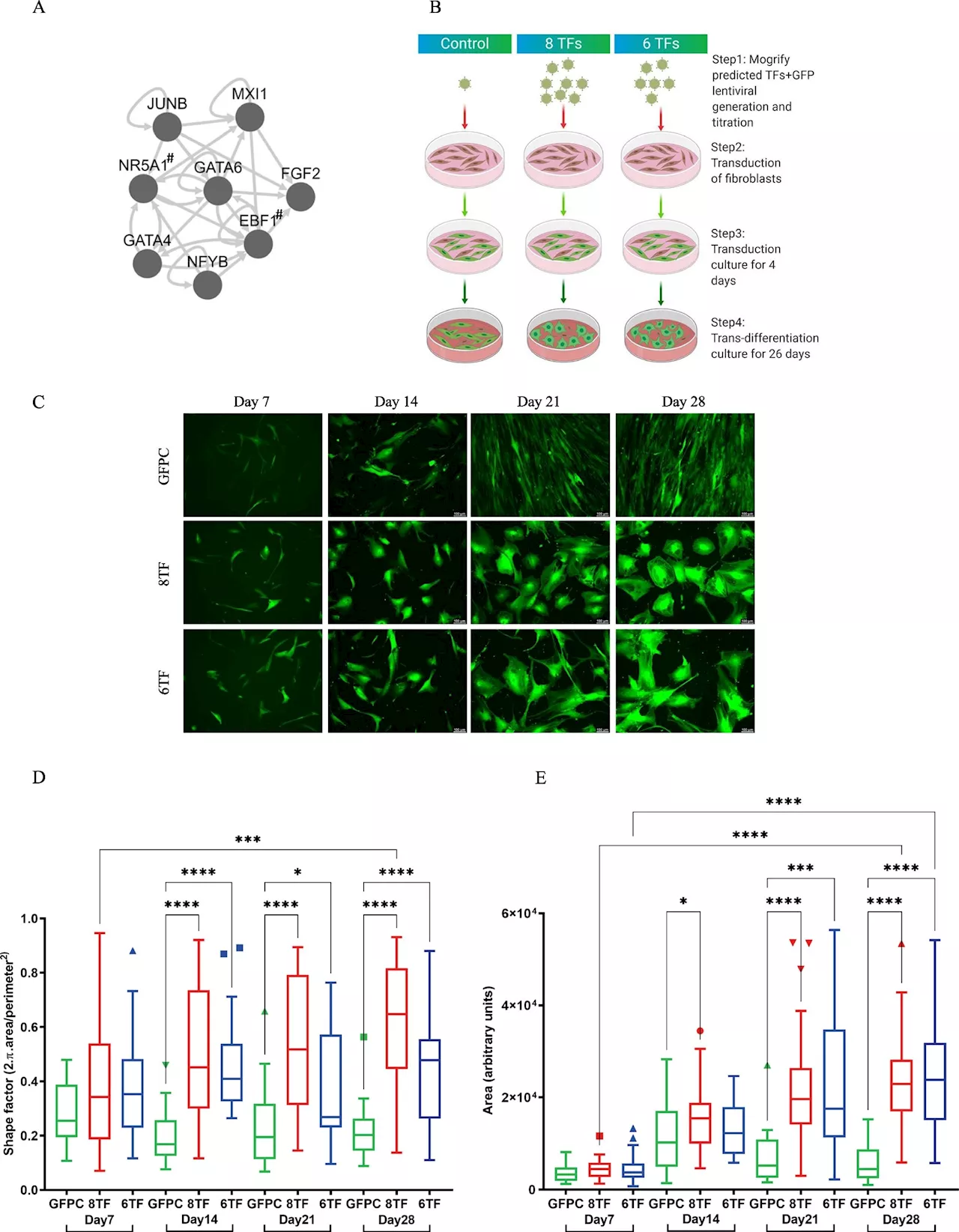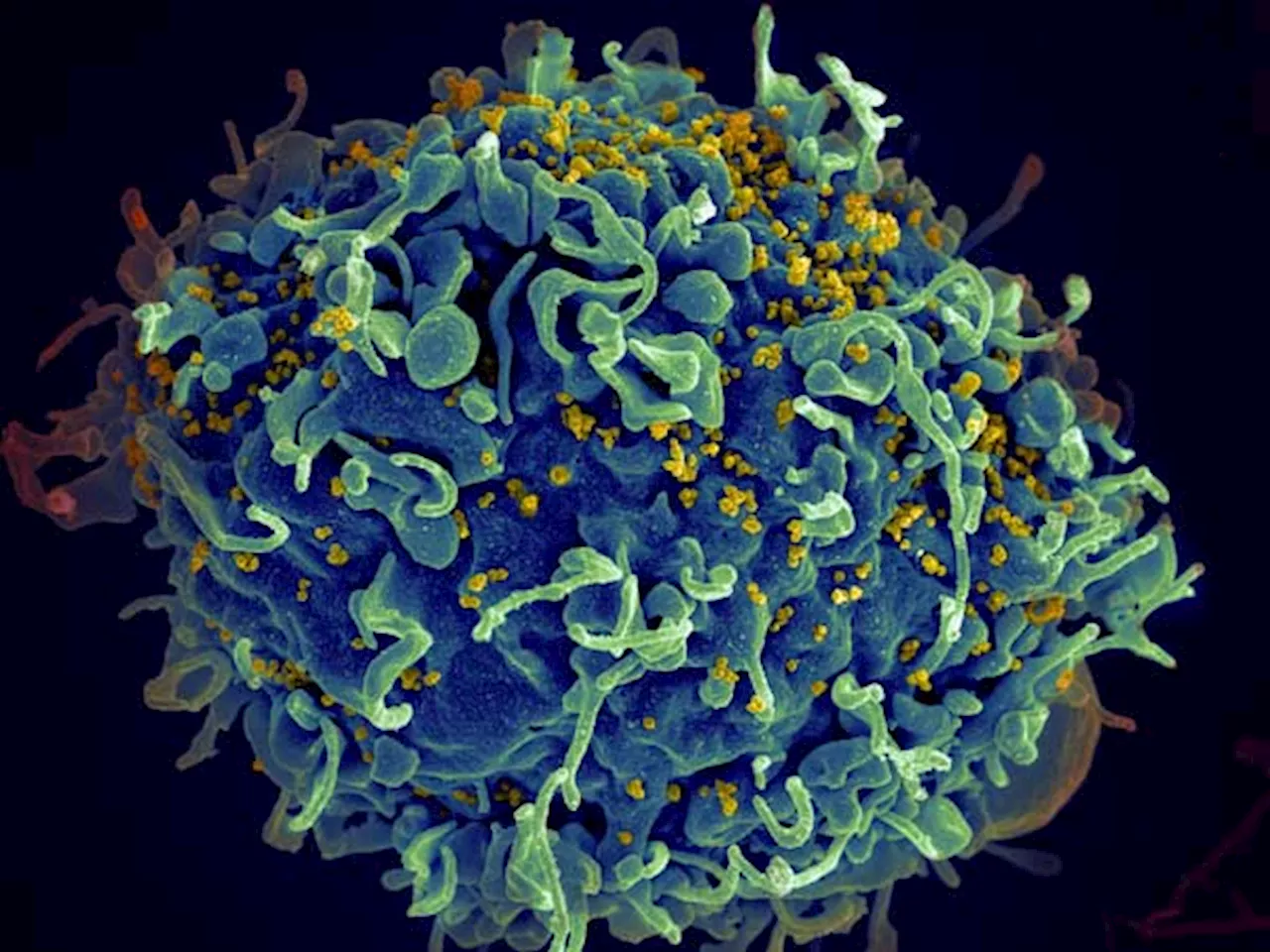Researchers assessed whether dendritic spine head diameter in the temporal cortex is a better predictor of episodic memory performance in older adults than synapse quantity, accounting for β amyloid plaques, neurofibrillary tangles, and sex.
By Vijay Kumar MalesuReviewed by Danielle Ellis, B.Sc.Aug 12 2024 In a recent study published in Science Advances, a group of researchers assessed whether dendritic spine head diameter in the temporal cortex is a better predictor of episodic memory performance in older adults than synapse quantity, accounting for β amyloid plaques , neurofibrillary tangles , and sex.
About the study Postmortem samples of brain areas Brodmann area 6 and BA37 were obtained from participants in the Religious Orders Study and Rush Memory and Aging Project , which includes individuals who enroll without known dementia and agree to annual clinical evaluations and brain donation upon death.
Dendritic spines and synaptic markers were visualized using Golgi-Cox staining of brain samples from BA6 and BA37. Imaging of dendrites was performed by a blinded experimenter using bright-field microscopy at high magnification. Dendritic segments meeting specific criteria were selected for analysis, and 3D digital reconstructions of dendrites and spines were conducted using specialized software.
Related StoriesThe datasets from BA37 and BA6 were subjected to a supervised learning algorithm to identify specific dendritic spine features that might predict episodic memory performance beyond the effects of other variables, such as AD-related neuropathology. The samples were divided into a discovery set and a validation set , with three cases excluded due to missing data.
Brain Brain Cell Cell Dementia Alzheimer's Disease Cortex Magnification Microscopy Morphology Neurodegenerative Diseases Pathology Protein Research Spine Synapse
United States Latest News, United States Headlines
Similar News:You can also read news stories similar to this one that we have collected from other news sources.
 This 1 Supplement May Reduce Dementia Risk For Those Genetically PredisposedResearchers recently published a new study on the connection.
This 1 Supplement May Reduce Dementia Risk For Those Genetically PredisposedResearchers recently published a new study on the connection.
Read more »
 Researchers develop new technique for diagnosing disorders of sex developmentDisorders/differences of sex development (DSD) are difficult to diagnose because of the multiple phenotypes and genes involved, but a new technique developed at Hudson Institute of Medical Research is set to change all that.
Researchers develop new technique for diagnosing disorders of sex developmentDisorders/differences of sex development (DSD) are difficult to diagnose because of the multiple phenotypes and genes involved, but a new technique developed at Hudson Institute of Medical Research is set to change all that.
Read more »
 Fox Chase Cancer Center researchers identify new targets for mesothelioma preventionA new research perspective was published in Oncoscience (Volume 11) on May 23, 2024, entitled, 'Targeting inflammatory factors for chemoprevention and cancer interception to tackle malignant mesothelioma.'
Fox Chase Cancer Center researchers identify new targets for mesothelioma preventionA new research perspective was published in Oncoscience (Volume 11) on May 23, 2024, entitled, 'Targeting inflammatory factors for chemoprevention and cancer interception to tackle malignant mesothelioma.'
Read more »
 Researchers mark milestone in progress toward investigational new drug for triple-negative breast cancerA new compound developed by researchers at MUSC Hollings Cancer Center shows promise in overcoming chemotherapy resistance in triple-negative breast cancer—and could potentially be applied to fibrotic conditions like liver fibrosis or pulmonary fibrosis.
Researchers mark milestone in progress toward investigational new drug for triple-negative breast cancerA new compound developed by researchers at MUSC Hollings Cancer Center shows promise in overcoming chemotherapy resistance in triple-negative breast cancer—and could potentially be applied to fibrotic conditions like liver fibrosis or pulmonary fibrosis.
Read more »
 Researchers discover new target for treating diseases linked to T-cell leukemia virus type 1A team of researchers from Penn State College of Medicine found a new target for treating diseases associated with human T-cell leukemia virus type 1 (HTLV-1).
Researchers discover new target for treating diseases linked to T-cell leukemia virus type 1A team of researchers from Penn State College of Medicine found a new target for treating diseases associated with human T-cell leukemia virus type 1 (HTLV-1).
Read more »
 New 'vaccine-like' HIV drug could cost just $40: ResearchersA new 'vaccine-like' HIV drug that currently costs over $40,000 per person a year could be made for as little as $40, researchers estimated on Tuesday.
New 'vaccine-like' HIV drug could cost just $40: ResearchersA new 'vaccine-like' HIV drug that currently costs over $40,000 per person a year could be made for as little as $40, researchers estimated on Tuesday.
Read more »
